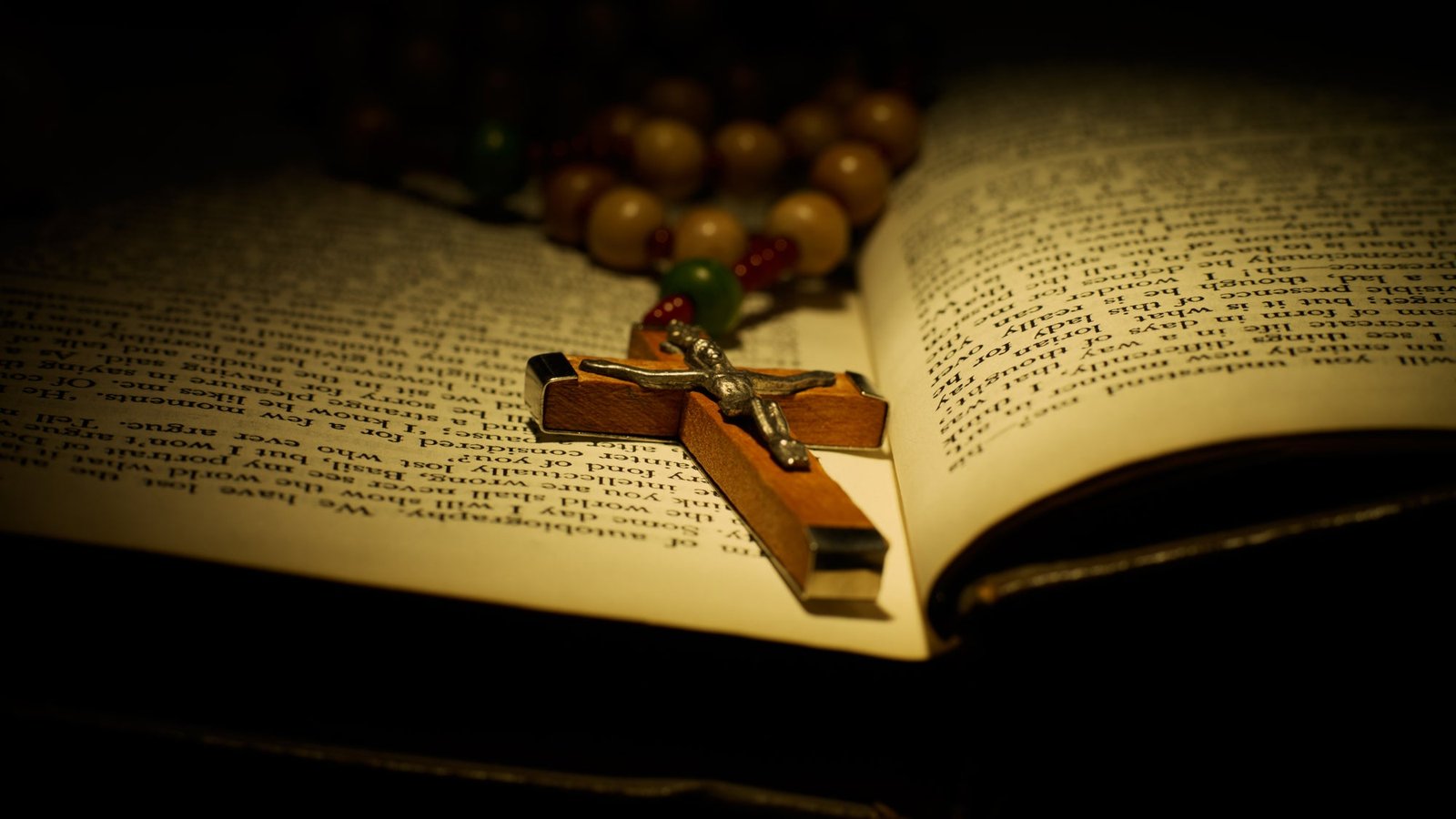Reflecting on Religious Identity
I have been contemplating a matter that remains vitally important within the Orthodox Churches—one that I first observed a couple of years ago and now seems even more urgent. Recent trends show that conferences blending Orthodox and Jewish thought are increasingly separating themselves from what is traditionally understood as the “Orthodox” realm. At the same time, church historians and theologians commemorate events like the 1770th anniversary of the First Council of Nicaea and the later refinement of the Nicene Creed at Constantinople. While these remembrances hold significant value, they also reveal an unsettling silence surrounding another seminal event: the Apostolic Council of Jerusalem, held between AD 49 and 52.
The Council of Jerusalem: A Foundational Moment
This early council, documented in the Acts of the Apostles, marked the formal opening of faith to the Gentiles. In essence, it was the first profound gathering during which early followers of Jesus, through dialogue and spiritual insight, decided that entry into salvation through Christ would not require full adherence to Mosaic Law. This pivotal moment brought forth a Church that was truly universal. Yet, in Orthodox theology and practice, this gathering is often reduced to a mere footnote, overshadowed by later ecumenical deliberations.
Revisiting the Church’s Roots
For theologians, especially in recent critical debates, it is essential to reconnect with the Church’s origins in Jerusalem. Celebrating the early ecumenical councils without acknowledging their deep Semitic origins is to engage in a kind of insular liturgical archaeology. The language, concepts, and interpretations that emerged at these councils were shaped by the enduring influence of Jewish tradition—from the Talmud and Midrash to the living expressions of faith encapsulated in languages like Yiddish. By disconnecting from these roots, contemporary celebrations risk losing touch with the vibrant, ongoing legacy of the faith.
A Dialogue Between Traditions
One influential voice in this discourse is the respected French Orthodox theologian Jean-Claude Larchet. His work emphasizes that theology in the Eastern Christian tradition is not abstract speculation but is deeply intertwined with the lived experience of the liturgy. However, Larchet’s insistence on the supremacy of the Greek Septuagint over Hebrew sources reflects a broader hesitancy within Orthodox circles to fully engage with the Jewish and Rabbinic heritage. In many cases, the intricate commentary and ethical deliberations found in the Talmud are either sidelined or entirely overlooked.
The Spiritual Breath of the Talmud
Christian tradition has, over time, often appropriated the Hebrew Scriptures while muting the vibrant voice of the Talmudic tradition—a voice that continually provokes debate, preservation, and renewal of the Word. In a fascinating twist, one might even see the Talmud’s dynamic and dialogical nature as a surprising expression of the same divine inspiration that once animated the message of Jesus Christ. This suggests that the true engagement between Christianity and Jewish thought may not be found solely in ancient, static texts, but in the living, evolving vernacular of Jewish expression, such as Yiddish, which carries the enduring echo of Sinai.
Exploring Theological Substance Through Language
The discussion of theological essence is not limited to Christian debates. Historical figures like Ephrem the Syrian, a staunch opponent of Arianism, expressed his views on the nature of the divine without resorting to the later terminology established at Nicaea. Instead, Ephrem spoke of the Father and the Son existing in “one essence,” choosing language that resonates with deep, scriptural truth rather than technical formulations. Similarly, the Ashkenazi Yiddish term for “substance” reflects a concept of reality and authenticity that is profoundly theological, suggesting that what truly exists mirrors the very nature of the Creator.
Contemporary Relevance and Moral Courage
Today, as churches grapple with the scars of historical conflicts and internal divisions, there is an urgent need to reexamine the foundational moments of the faith. What is the value of centuries of conciliar memory if those who govern it remain isolated and fragmented? Meanwhile, in Israel, the revival of Hebrew as a vibrant medium for spiritual and ethical expression highlights the dynamic interplay between ancient tradition and modern renewal. To ignore the living significance of Semitic sources is to risk reducing Orthodoxy to a static, historically detached identity.
A Call for Deeper Engagement
The challenge, then, is not simply one of historical remembrance but of moral and spiritual reawakening. The process of theological celebration must morph into an act of genuine moral courage—a willingness to open up to the voices and traditions that have long animated the body of Christ. This means recognizing that the Church’s universal identity was forged in dialogue with its Jewish roots and that the truth of the faith continues to be expressed in languages and traditions that echo the ancient murmurs of Sinai.

Rockin’ the faith, one verse at a time!
Growing up, the Bible’s stories deeply impacted me. Now, with over 15 years of preaching experience, I blend timeless teachings with modern technology, making them relevant for today’s world.
Bible Hub Verse is my platform to share historical insights and thought-provoking articles, exploring both familiar and uncommon Christian topics. My passion is building a welcoming online space for everyone to learn, grow in their faith, and discover the Bible’s enduring message.
Join the journey!
God bless you.







